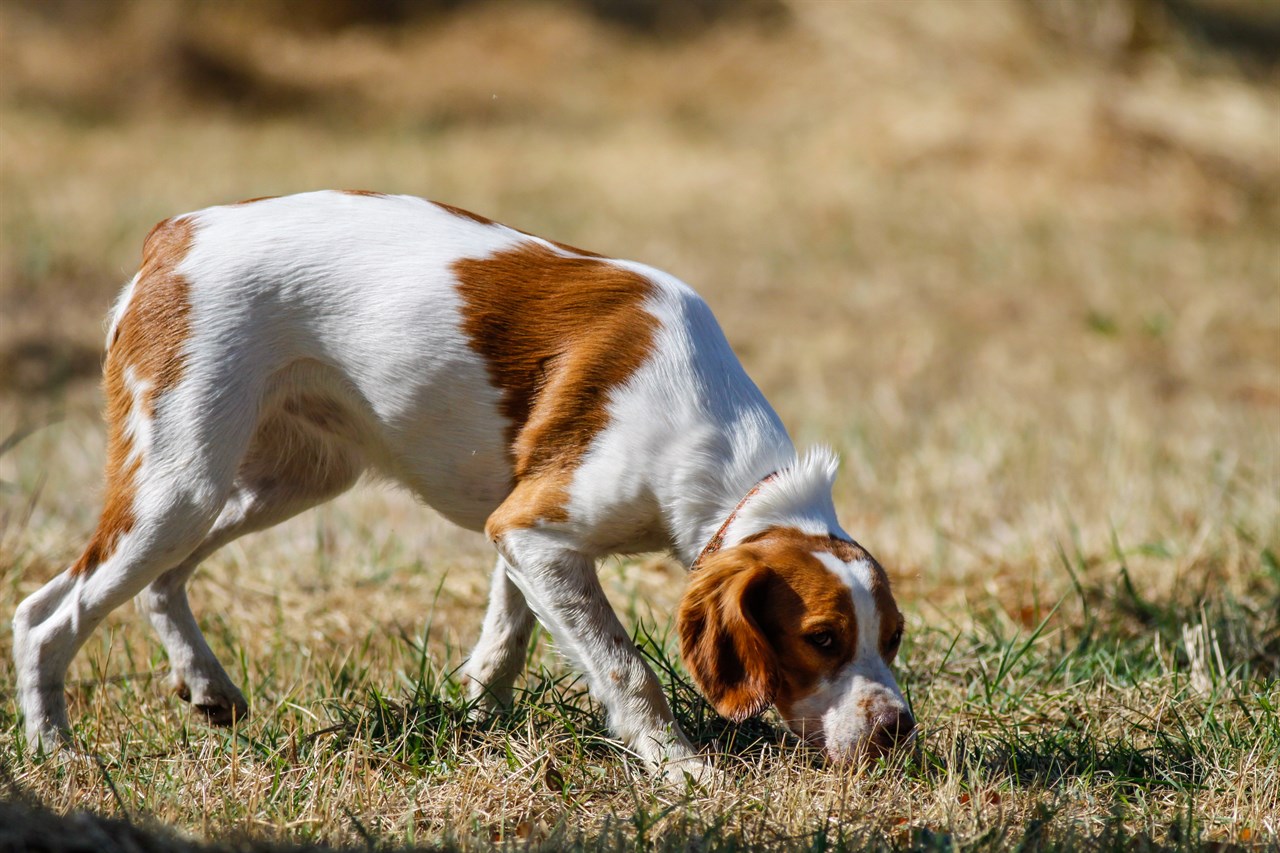Feeding Habits and Food Requirements of Brittany

Feeding your Brittany a balanced diet tailored to their age, size, and activity level is essential to their overall health and well-being. Brittanys are active dogs, and their dietary requirements reflect their energy needs. Here's a guide to their feeding habits and food requirements.
Age-Appropriate Nutrition
- Puppy Stage: When you bring your Brittany puppy home, they will need a high-quality puppy food specifically designed for their growth and development. Puppies have different nutritional needs than adult dogs, including higher protein and calorie requirements. Consult your veterinarian for recommendations on portion sizes and feeding frequency.
- Adult Stage: Once your Brittany reaches adulthood (around 12 to 18 months old), transition them to a high-quality adult dog food. Look for a formula that provides the right balance of protein, fats, and carbohydrates to sustain their energy levels.
- Senior Stage: As your Brittany enters their senior years (typically around 7 years old), consider transitioning to a senior dog food formulated to address the specific needs of older dogs. These foods often include joint-supporting ingredients and lower calories to help maintain a healthy weight.
Protein Content
Brittanys benefit from a diet that contains a moderate to high protein content, as they are an active breed. Look for dog foods that list a quality source of animal protein, such as chicken, turkey, or fish, as the first ingredient.
Balanced Nutrition
Ensure that your Brittany's food provides a balanced nutrition profile, including essential vitamins and minerals. Avoid dog foods with excessive fillers and artificial additives.
Portion Control
Determine the appropriate portion size for your Brittany based on their age, size, activity level, and the specific dog food you choose. Overfeeding can lead to weight gain and related health issues.
Meal Frequency
Brittanys typically do well with two meals a day, but some may thrive on three smaller meals if they are highly active or have specific dietary needs. Monitor your dog's weight and adjust meal sizes as needed.
Fresh Water
Provide clean and fresh water at all times. Proper hydration is crucial for your Brittany's health, especially considering their active lifestyle.
Avoid Overfeeding
Brittanys have a tendency to eat when food is available. Be mindful of their calorie intake to prevent obesity, which can lead to joint problems and other health issues.
Special Dietary Needs
If your Brittany has specific dietary needs or allergies, consult with your veterinarian to choose an appropriate dog food or explore specialised diets that meet their requirements.
Treats and Snacks
Limit treats and snacks to avoid excessive calorie intake. Opt for healthy, low-calorie treats, or use pieces of their regular kibble as rewards during training.
Regular Vet Check-Ups
Schedule regular check-ups with your veterinarian to monitor your Brittany's overall health and nutritional needs. They can provide guidance on the best diet for your dog's specific circumstances.
In summary, feeding your Brittany a balanced diet that matches their age and activity level is crucial to their health and vitality. Proper nutrition provides the energy they need for their active lifestyle, maintains their muscle mass, and supports their overall well-being. Consulting with your veterinarian for dietary recommendations and portion control is essential to ensure your Brittany remains happy and healthy throughout their life.